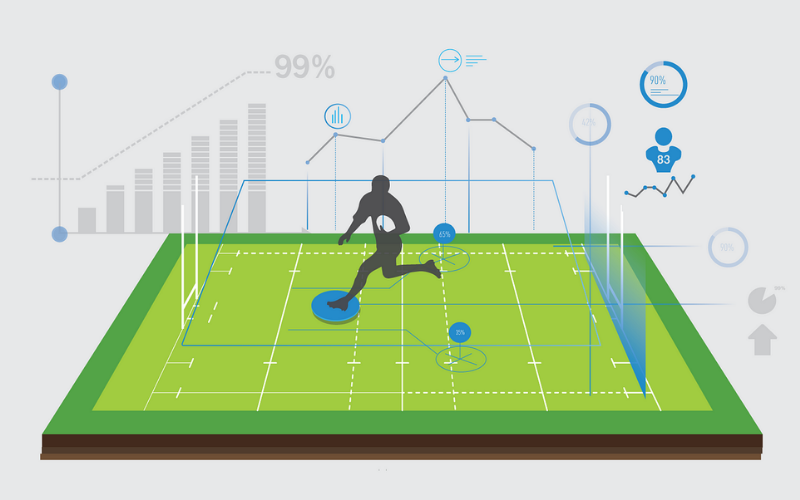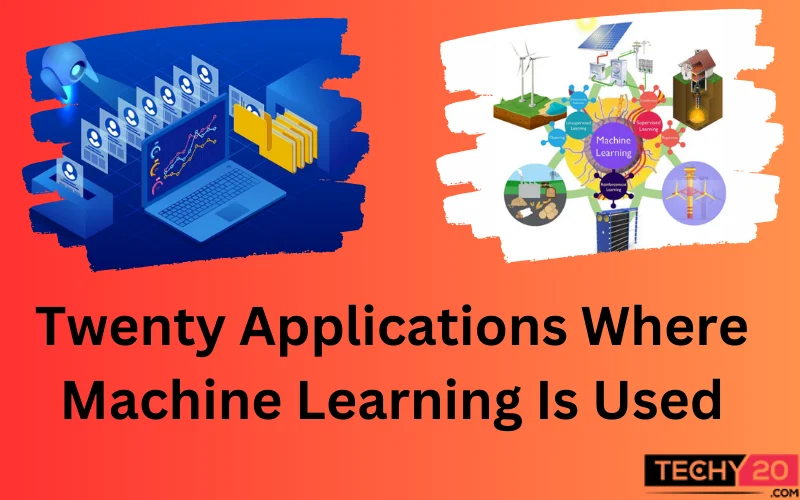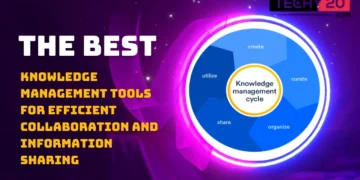Machine learning is a fast-emerging field specializing in developing algorithms and models that let computers access data and anticipate or decide on matters without being explicitly programmed. Its several types include supervised and unsupervised learning. It has revolutionized the way to solve complex issues and has the potential to enormously contribute to several fields, from healthcare and finance to marketing and entertainment. Its fast development and integration with other technology will form the destiny of AI and transform how we interact with machines and data. Here are a few applications where Machine Learning is used:
1. Image Recognition
Machine studying is utilized in image recognition to train deep learning models, including Convolutional Neural Networks (CNNs), on big datasets of categorised images. These models learn to detect patterns, features, and objects in images, permitting them to identify and classify objects, scenes, and faces in real-time. It finds applications in self-driving cars and surveillance systems.
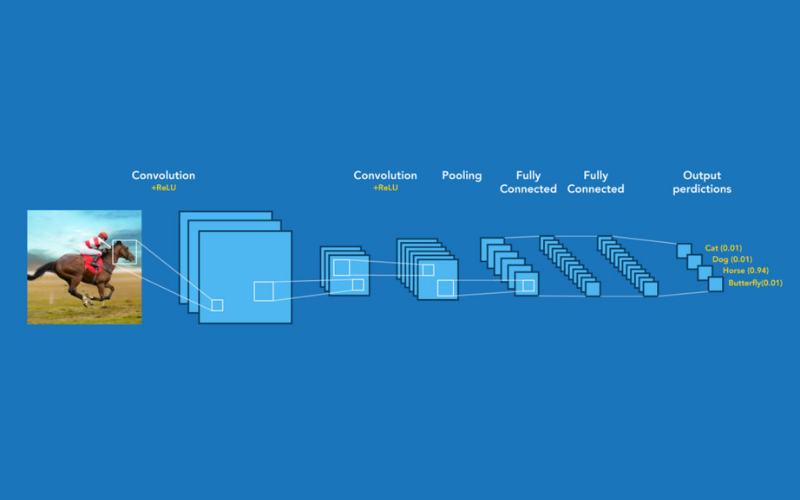
2. Speech Recognition
Speech Recognition uses ML techniques such as Recurrent Neural Networks (RNNs) and Long Short-Term Memory (LSTM) to recognise and convert speech into text, making it valuable in virtual assistants, voice-activated systems, and transcription services. Machine learning algorithms are trained using large datasets of audio samples with transcriptions.
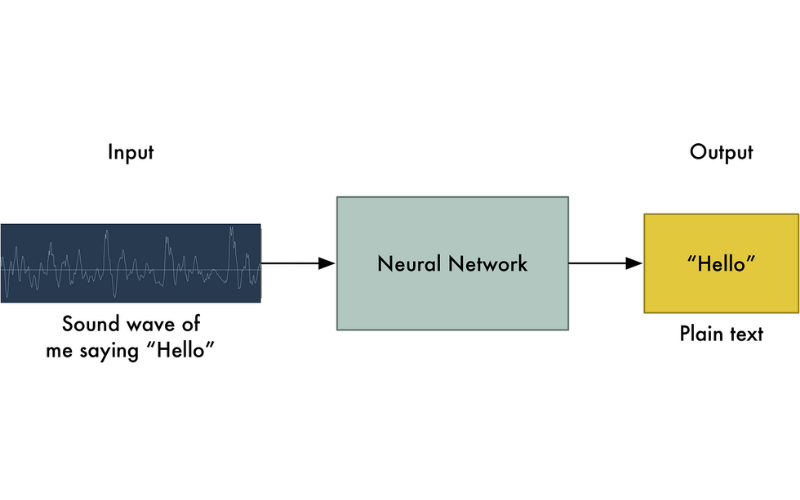
3. Sentiment Analysis
Machine learning techniques are utilised in sentiment analysis for analysing and examining massive amounts of textual content from social media, reviews, and other sources. Natural Language Processing (NLP) methodologies, including word embeddings and sentiment evaluation algorithms, determine the sentiment expressed inside the textual content. Businesses use this data for sales research, brand monitoring, and client remarks analysis.
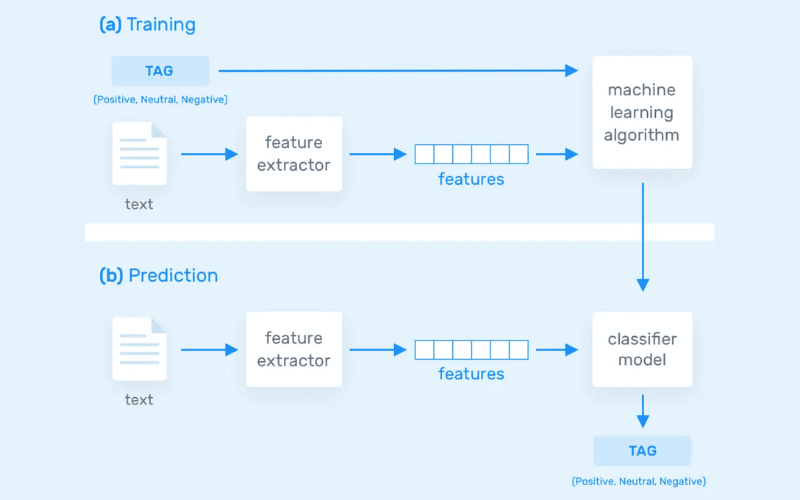
4. Recommender Systems
Machine learning utilises recommender systems by analysing consumer purchases, options, and transaction data to develop personalised suggestions. Selective Filtering and content-based filtering algorithms use past transactions and attributes to recommend products, films, or songs, improving user engagement and experience.
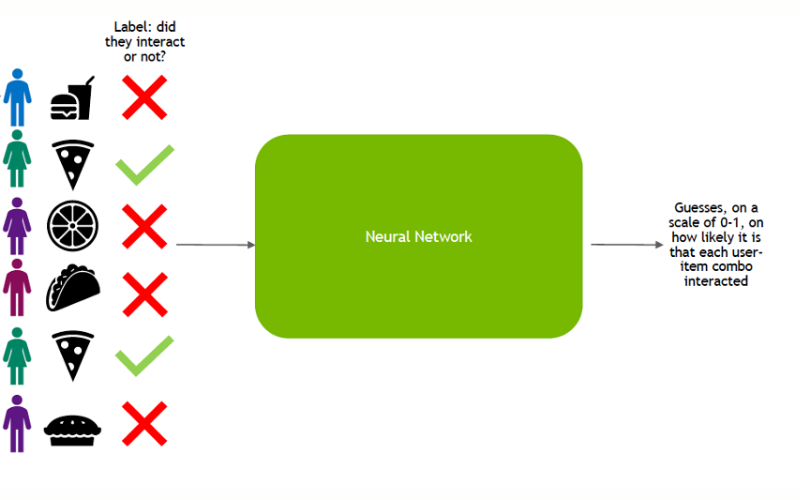
5. Fraud Detection
In fraud detection, machine learning algorithms examine enormous quantities of transactional information and personal behaviour to perceive patterns indicating fraudulent activities. These models discover ways to find anomalies and mark suspicious transactions, supporting banks and e-trade systems to defend against fraud and ensure secure transactions.
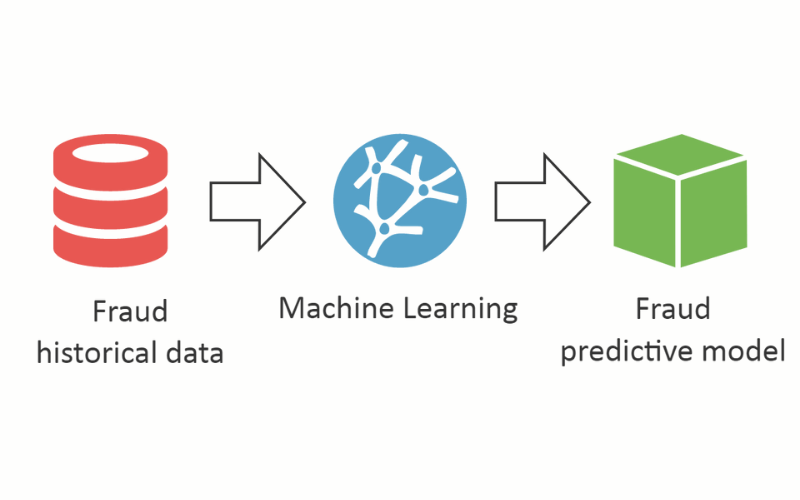
6. Predictive Maintenance
In predictive maintenance, machine learning analyses sensor information stored in databases obtained from industrial machinery to detect while maintenance is required. These models find anomalies and discover equipment failure, permitting companies to schedule maintenance proactively and avoid highly-priced downtime.
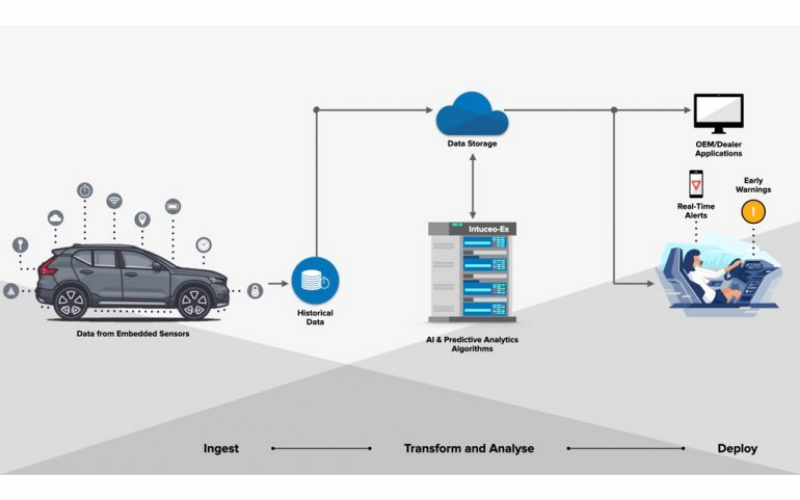
7. Autonomous Vehicles
Machine learning plays a vital role in self-driving cars by processing real-time data from cameras, LIDARs, RADARs, and other sensors. Computer vision models use deep learning strategies to find objects, discover obstacles, and make driving selections, permitting them to navigate competently and successfully.
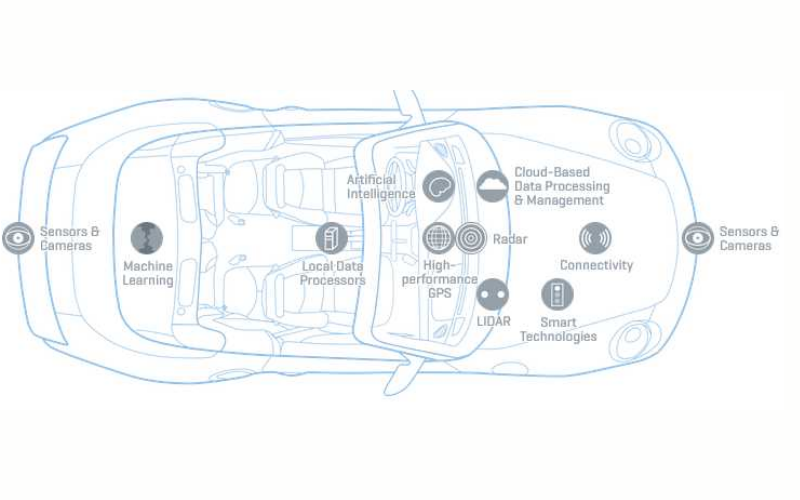
8. Healthcare Diagnostics
Machine learning is revolutionizing healthcare diagnostics by reading scientific imaging data, such as X-rays, CT scans, and MRI images, to help in early disease detection and accurate analysis. It permits the identification of anomalies and patterns in the data that are tough for human eyes to find, leading to specific and well-timed scientific selections.
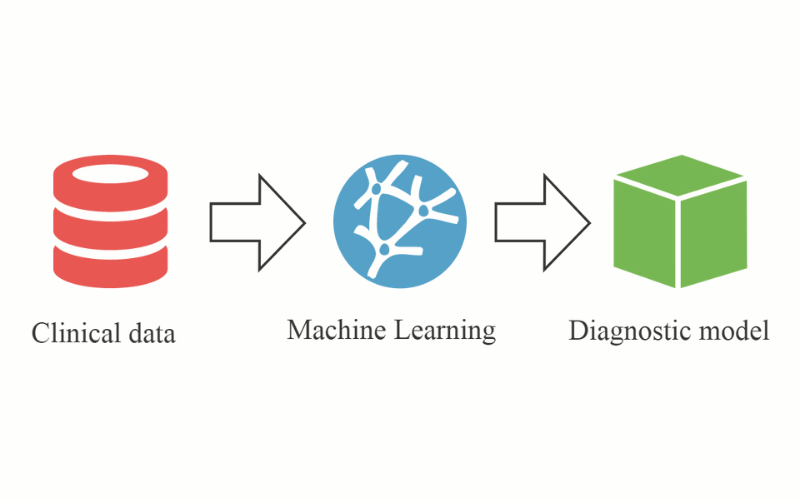
9. Email Filtering
Machine studying is utilized in email filtering to classify emails as spam based on their content and sender information. By analysing user interactions, the email filtering algorithms enhance their accuracy, assisting customers in manipulating their inboxes efficiently and reduce the threat of victim-to-phishing and malware assault attacks.
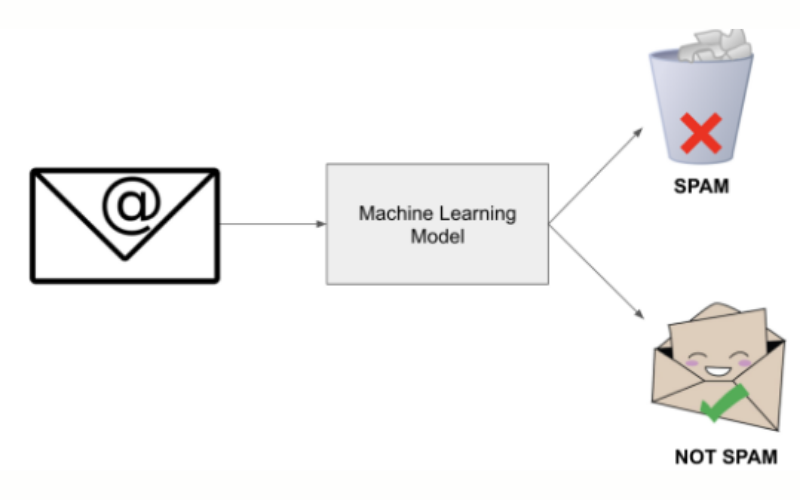
10. Personalized Marketing
Machine learning algorithms analyse large quantities of customer information like purchase history, behaviour, and options, to deliver personalised advertising campaigns. By offering product data and commercials to individuals, organizations can enhance customer engagement and conversion rates.

11. Virtual Reality
Machine learning is utilised in virtual reality to develop sensible and immersive experiences. It optimizes graphics rendering, track user movements, and enable interactive elements, making VR environments more interactive and lifelike.

12. Energy Consumption Optimization
Machine learning analyses energy consumption patterns in homes, gadgets, industries, and smart grids. By finding ways for optimization and energy-saving strategies, Machine Learning allows for minimising electricity bills and environmental impact.
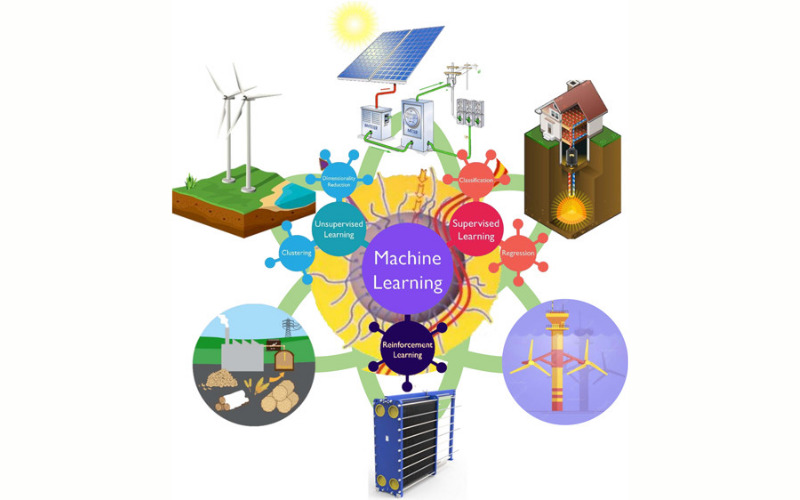
13. Language Translation
Machine language uses a language translation system that converts textual content or speech from one language to another. These algorithms train from vast multilingual datasets, enhancing translation accuracy and enabling effective cross-cultural communication.
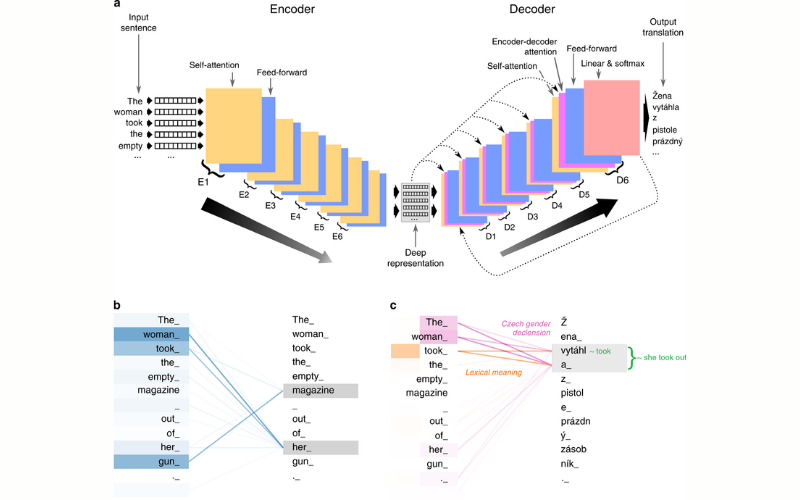
14. Document Summarization
Machine learning algorithms extract important information and summarise volumes of text from documents, articles, blogs, or research papers. It provides faster data retrieval and comprehension for teachers, researchers, reporters, and readers.
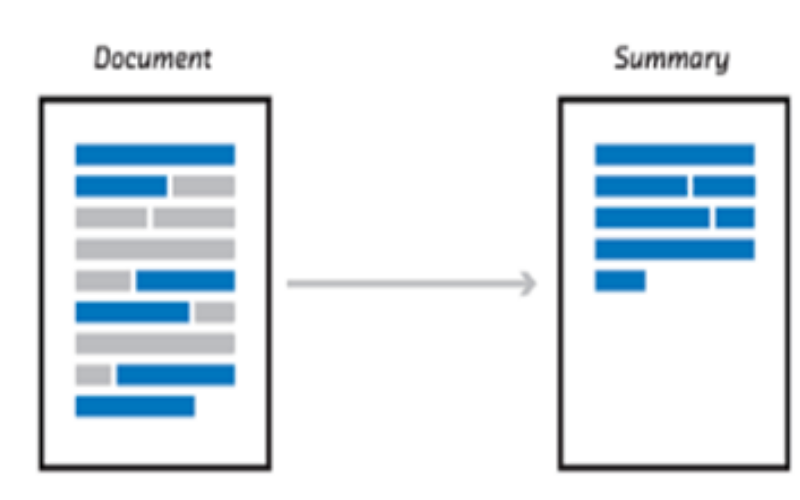
15. Credit Card Fraud Detection
Machine learning models analyse transaction information in real-time to detect credit card fraud. By figuring out unusual patterns or suspicious activities, these algorithms aid users and firms from monetary losses.
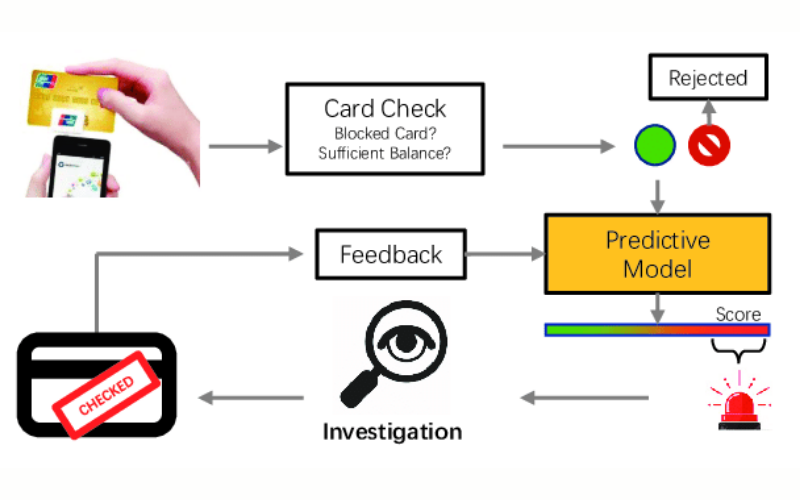
16. Supply Chain Management
Machine learning optimizes supply chain operations by predicting demand, optimizing inventory levels, and streamlining logistics. It enhances delivery chain performance, reduces costs, and ensures well-timed deliveries.

17. Weather Prediction
Machine learning analyses historical climate data and real-time records to forecast climate situations accurately. Advanced weather prediction models can assist in mitigating the effect of severe climatic conditions and offer helpful resources in catastrophe preparedness.

18. Human Resources
Machine learning in the Human Resources domain is used for various functionalities, which include candidate screening, employee performance evaluation, and workforce analytics. These algorithms assist in streamlining HR tactics and improving workforce management. HR experts are vital in attracting, choosing, growing, and preserving skills inside the enterprise.

19. Credit Scoring
Credit scoring is a critical process used by monetary establishments to evaluate the creditworthiness of people or companies applying for loans, credit cards, or several varieties of credit. It includes the usage of statistical models and machine learning algorithms to assess the chance related to lending cash to a particular borrower. The credit score generated enables creditors to select credit and interest quotes. Machine learning performs a considerable role in credit scoring by analysing vast amounts of ancient credit records, including past prices, debt, credit utilization, and credit inquiries.
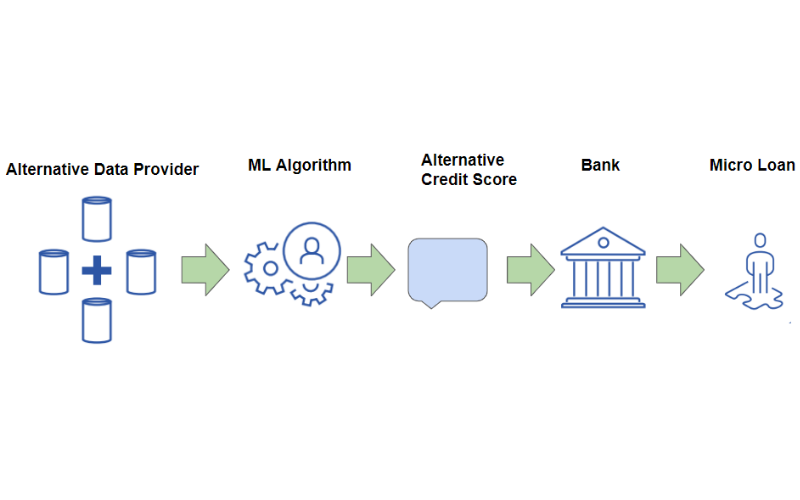
20. Sports Analytics
Machine learning is applied in sports analytics to analyse player overall performance, predict match outcomes, and optimize match strategies. It assists coaches and sports analysts in gaining insights from vast quantities of sports-related data.
